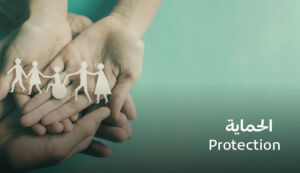Shelter and non-food items
The Shelter and Non-Food Items Sector seeks to remedy the problems of sheltering the displaced by building residential complexes and providing the requirements for decent housing for the people by providing rehabilitation and restoration services for housing and infrastructure inside and outside the camps since 2015, in addition to the emergency response activities and the provision of basic non-food supplies that help in Providing a decent and secure life, giving them stability and privacy.
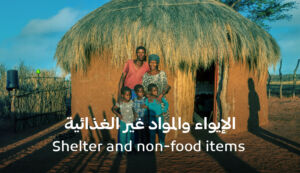
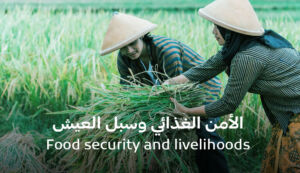
Food security and livelihoods
The food security and livelihood sector contributes to reducing poverty in affected communities for all vulnerable people and building family resilience, by facilitating regular access to food for those in need, and enhancing their ability to obtain a stable source of income by supporting agricultural and animal production projects and sustainable livelihoods, in addition to raising the nutritional level and preventing malnutrition for children between 6 and 23 months of age, by providing specialized nutritious foods.
Health
The health sector seeks to improve access to primary and secondary health care services to those who deserve it, and raise awareness about diseases and their prevention, in addition to establishing and expanding specialized services, and contributing to the rehabilitation of cadres working in the field of health care, through medical centers, centers for prosthetics, mobile clinics, in addition to a school Nursing and midwifery, which is concerned with increasing medical cadres capable of dealing with exceptional circumstances.
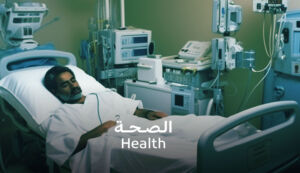
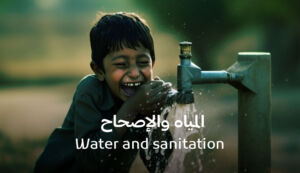
Water and sanitation
The WASH sector works to assist IDPs and host communities by providing sustainable and life-saving WASH services and assistance to the most vulnerable people in underserved areas with high WASH needs, as well as in hard-to-reach locations of any sustainable water system and improving beneficiaries’ access to water supply, sanitation and hygiene.
Education
The education sector works to improve access to education services while giving priority to the most disadvantaged population groups, as the sector focuses on completing the current systems instead of creating parallel systems, with a commitment to their sustainability, which contributes to the return of children who have dropped out to education and ensures the continuity of enrolled students, and improves the quality of education provided to them, and the sector includes building and renovating schools, supporting the educational process, and developing distance education methods.
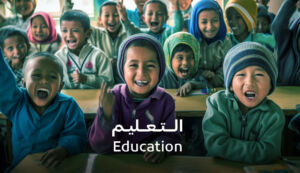
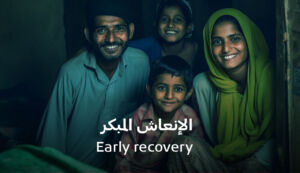
Early recovery
The early recovery sector works to improve positive coping mechanisms for affected people and communities, and reduce dependence on emergency supplies and services, thus contributing to enhancing the community’s self-recovery, covering needs and resilience.
Protection
The protection sector helps reduce and prevent individuals from exposure to risks and ensure respect for their rights, in addition to focusing on providing prevention and response services to the affected and most vulnerable groups, with an emphasis on integrating women, children, the elderly, and people with special needs into the services provided, and providing child protection services and protection from violence. gender-based, sexual exploitation and abuse, and humanitarian mine prevention activities
